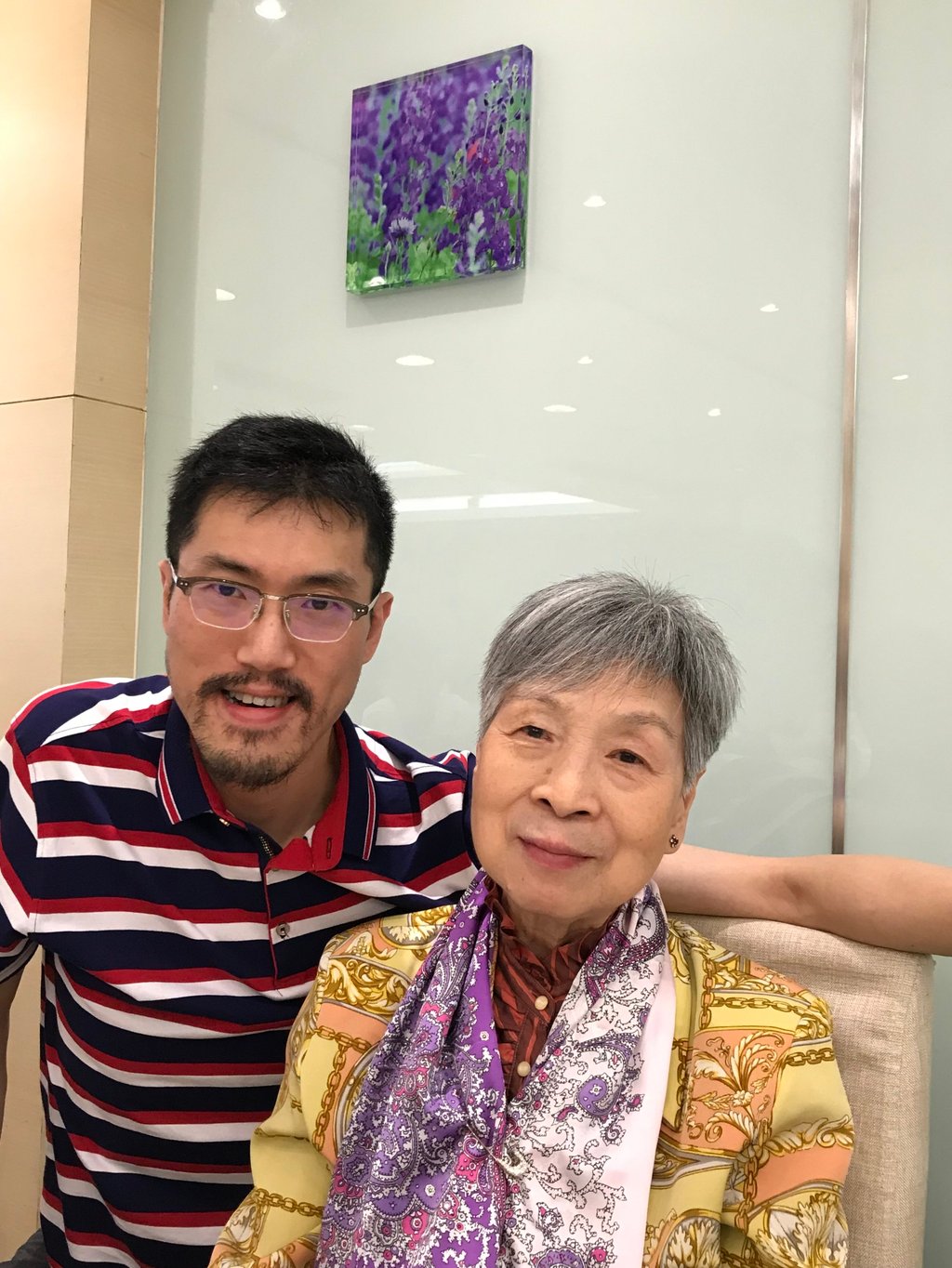When David Lee first stumbled on the street in Hong Kong seven years ago, unable to walk in a straight line, he had no idea it was an early sign of a rare neurological disorder that would change his life forever.
He was diagnosed with spinocerebellar ataxia type 3 (SCA3) in May 2022, two months after losing his mother to Covid-19. His ensuing journey from uncertainty to resilience is a testament to the power of determination, unwavering support and yoga.
SCA3 is an inherited, pro…
When David Lee first stumbled on the street in Hong Kong seven years ago, unable to walk in a straight line, he had no idea it was an early sign of a rare neurological disorder that would change his life forever.
He was diagnosed with spinocerebellar ataxia type 3 (SCA3) in May 2022, two months after losing his mother to Covid-19. His ensuing journey from uncertainty to resilience is a testament to the power of determination, unwavering support and yoga.
SCA3 is an inherited, progressive, neurodegenerative disorder that affects muscle control, leading to problems with coordination, balance and movement. Lee, a 52-year-old mutual fund executive, was 45 when his symptoms first surfaced in 2018.
“I had a few unpredictable falls. One day, while walking on the street, I fell flat. I also began having difficulties with my speech,” he says.

David Lee with his mother in 2018. He was reeling from her death in 2022 when he got his SCA3 diagnosis. Photo: David Lee
“The muscles near my vocal cords became very tight, and my voice would be off, flat, without any pitch.”
It took the doctors four years to diagnose the disease. “They thought it could be ataxia [poor muscle control that causes clumsy movements] caused by alcohol consumption or liver cancer,” he says.